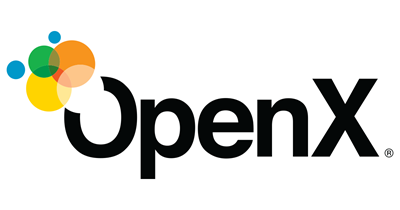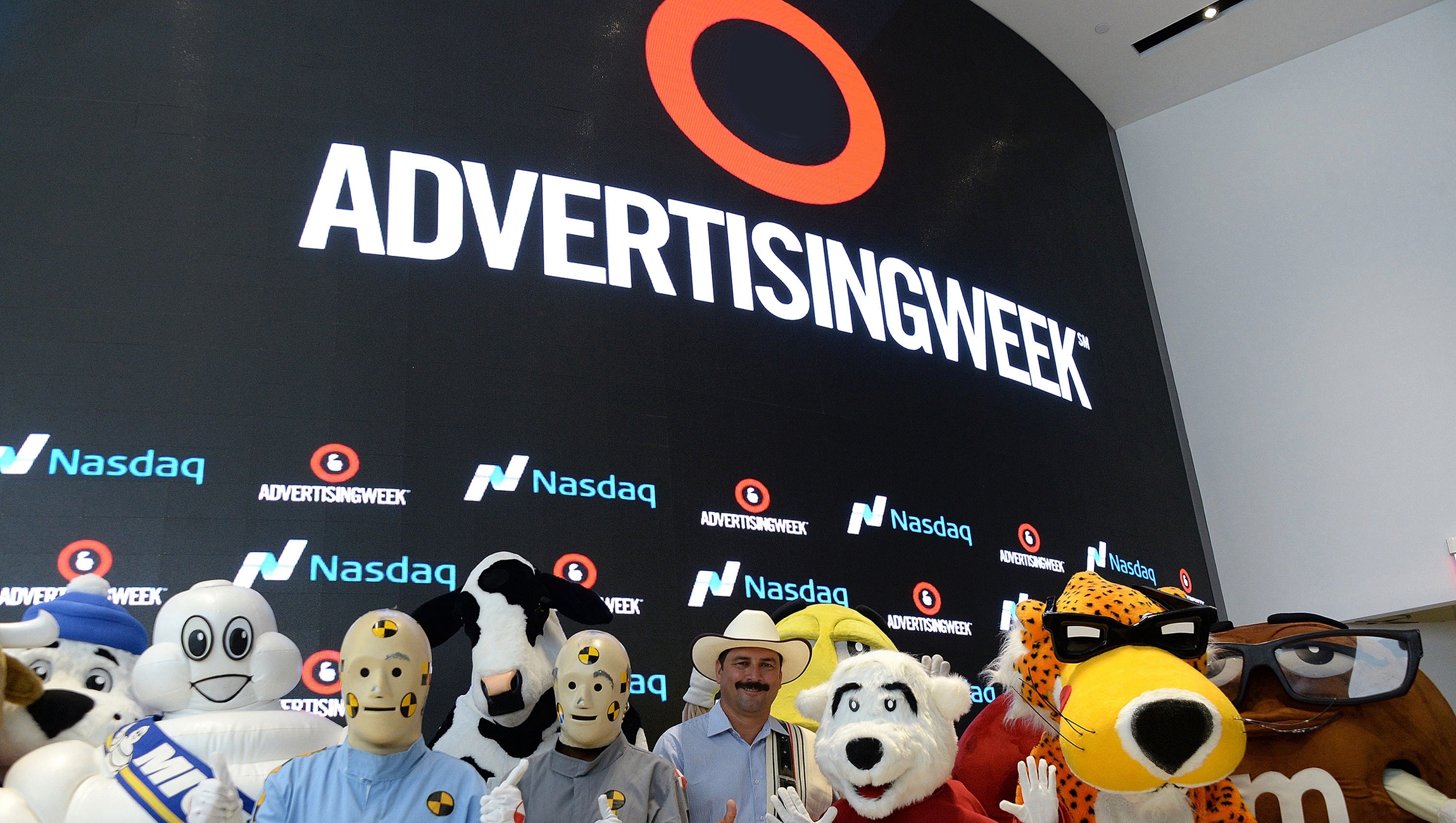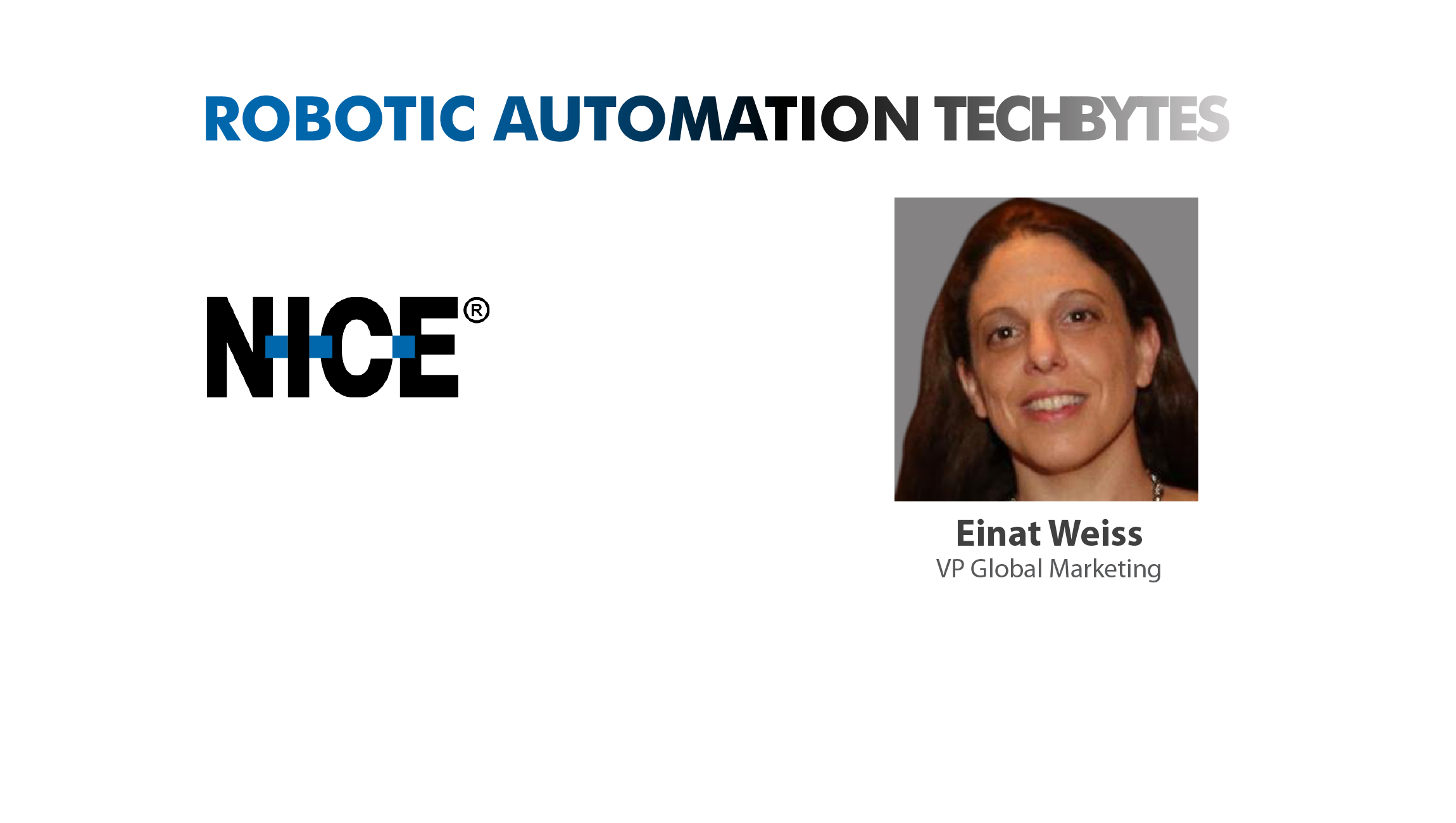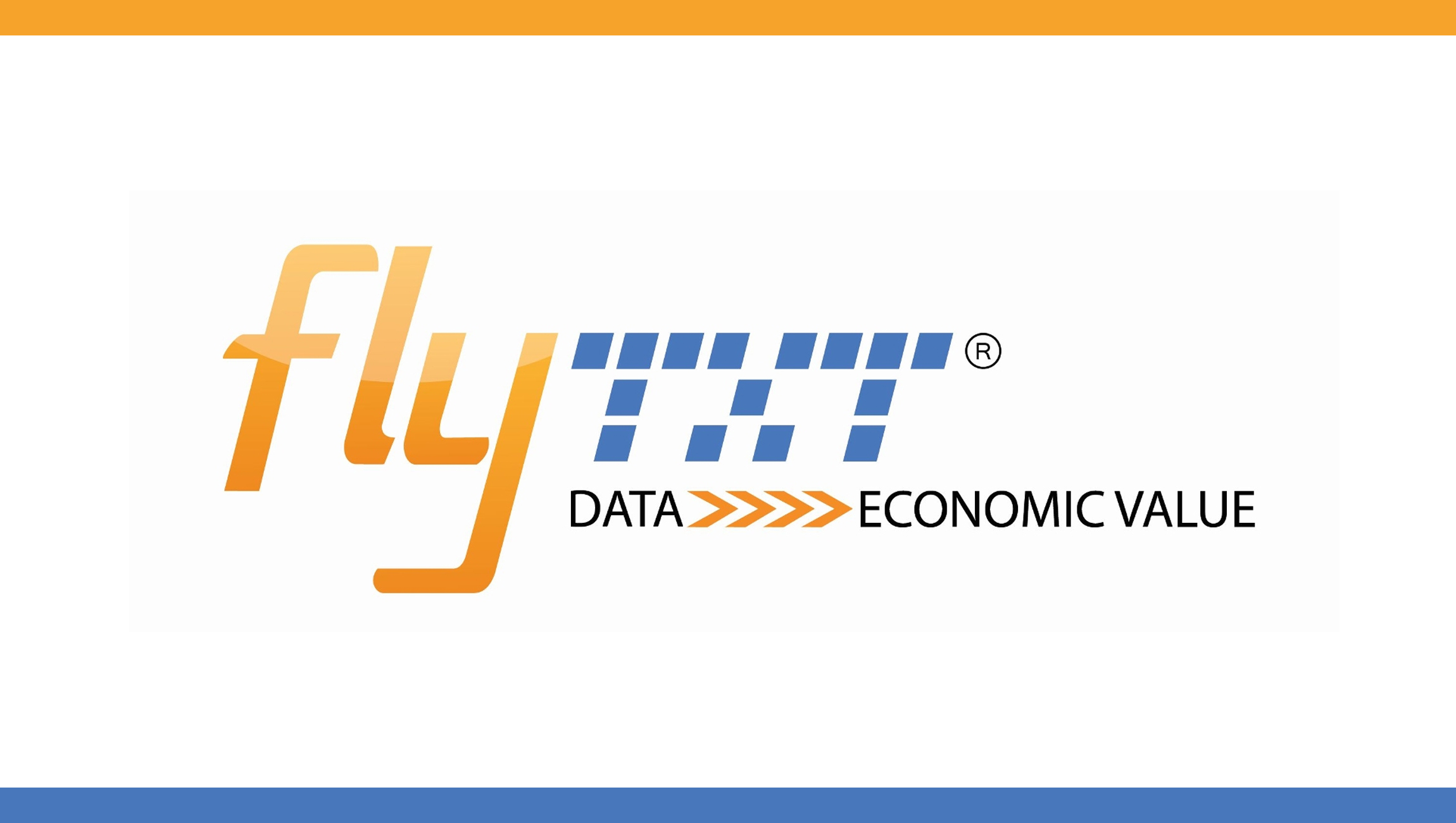 While our heads are still spinning after Advertising Week New York – there were nearly 300 seminars – clear themes emerged on the current and future state of programmatic. Jason Fairchild, CRO and co-founder of OpenX, takes a closer look at three emerging themes and what they mean for the adtech/martech world:
While our heads are still spinning after Advertising Week New York – there were nearly 300 seminars – clear themes emerged on the current and future state of programmatic. Jason Fairchild, CRO and co-founder of OpenX, takes a closer look at three emerging themes and what they mean for the adtech/martech world:
Industry consolidation: No winter on the horizon
With M&A activity showing no sign of slowing down, consolidation in the adtech/martech space topped the Advertising Week agenda. But a panel discussion around whether winter is coming for adtech – including representatives from Sizmek, The Trade Desk and OpenX – concluded consolidation is actually a positive trend and a natural part of the cycle as the industry proves its worth.
The programmatic sector has enormous room for growth with the potential to move about 50% of global media spend to digital channels, or almost $300 billion of economic activity in the next five years, as more and more media – including linear TV – becomes programmatically addressable. When combined with relatively low valuations, this creates an attractive buying opportunity for massive international companies – from web portals and marketing clouds to telcos and private equity companies – who want to step into a fast-moving industry.
While these high profile acquisitions get the bulk of media attention, there is a second and equally vital level of consolidation, where scaled independent companies are buying niche solutions to strengthen their core offering. Independent companies are a hotbed for innovation, generating the innovations that drive the industry forward – RTB and header bidding for instance – and scaled businesses have the resources required to turn these concepts into reality.
Consolidation will continue to accelerate as acquirers realize the full growth potential of the industry – possibly including retailers who want to make use of their data or agencies looking to take control of the value chain – but there will always be a place for scaled independents to operate alongside the big players.
Trust and Transparency: Shining a light on the ecosystem
The adtech/martech ecosystem is bewildering, from both the buyer and seller perspective, resulting in an enormous lack of trust. Issues of fraud, viewability and brand safety, as well as a muddled supply chain, mean marketers are demanding increased clarity on exactly how their media dollars are being spent. All of this is exacerbated by the proliferation of “flea market” header bidding exchanges, further confusing the marketplace and obfuscating the supply chain. As a result, many market participants are voting with their dollars and pulling spend, taking programmatic in-house, or re-evaluating relationships with their technology providers.
But at the macro level, the programmatic ecosystem is moving in the right direction in the pursuit of transparency, and it’s a real possibility that programmatic can be the transaction system of record for over half of all global advertising spend if we ensure that trust is built into programmatic systems.
To achieve true transparency, the full value chain needs to be exposed. All parts of the ecosystem need to take responsibility for shining a light on bad actors and shady practices, such as mislabeling and reselling inventory, and running shadow first-price auctions when buyers believe they are bidding in a second-price model.
Buyers and publishers must choose partners who operate in a well-lit environment, stay ahead of the moving target of fraud prevention, carefully curate inventory, and are open to third party verification. This means being prepared to pay for quality and choosing partners that have a transparent and sustainable fee structure, rather than just looking for the cheapest option.
If programmatic consolidates around quality, trusted platforms that can integrate into the industrial advertising complex, the ecosystem can scale and allow media dollars to flow into programmatic in a more efficient way. Only then will programmatic get to the promised land – the $300 billion opportunity.
Looking ahead: The future’s bright for programmatic
Despite hurdles the industry must overcome, the overall Advertising Week mood towards programmatic was overwhelmingly positive. Players in the industry are merely scratching the surface of what programmatic could really mean for the digital experience and that the technology could be used to deliver relevant, tailored content to consumers rather than just advertising.
One panel on ‘The Next Era of Programmatic’ suggested programmatic is now in its third inning, with more scale and scope than ever before, and the potential to become the default transaction system for digital media. The ability to deliver consistent, data-driven messaging across multiple devices, and to measure its results is game changing.
The inherent power of programmatic and real-time media buying is atomic targeting, or the ability to take a moment of consumer attention, value it based on data and intelligence, and deliver a message to that user in the exact right moment and context. Technology can then be used to determine how effective the impression is – whether it creates desire, elicits a response, or drives preference. This isn’t currently the case on major platforms such as Facebook and Google – where the decision at run time is not real-time and marketers buy a big block of consumer attention – but true programmatic execution will push these platforms to open up more.
Consolidation in the adtech/martech world isn’t a sign that winter is coming, simply a positive consequence of an industry that is growing up and becoming more vital to all participants. The message from Advertising Week New York was that if we can build trust into the system, programmatic will become the default transaction system for the majority of global advertising spend.












Comments are closed.